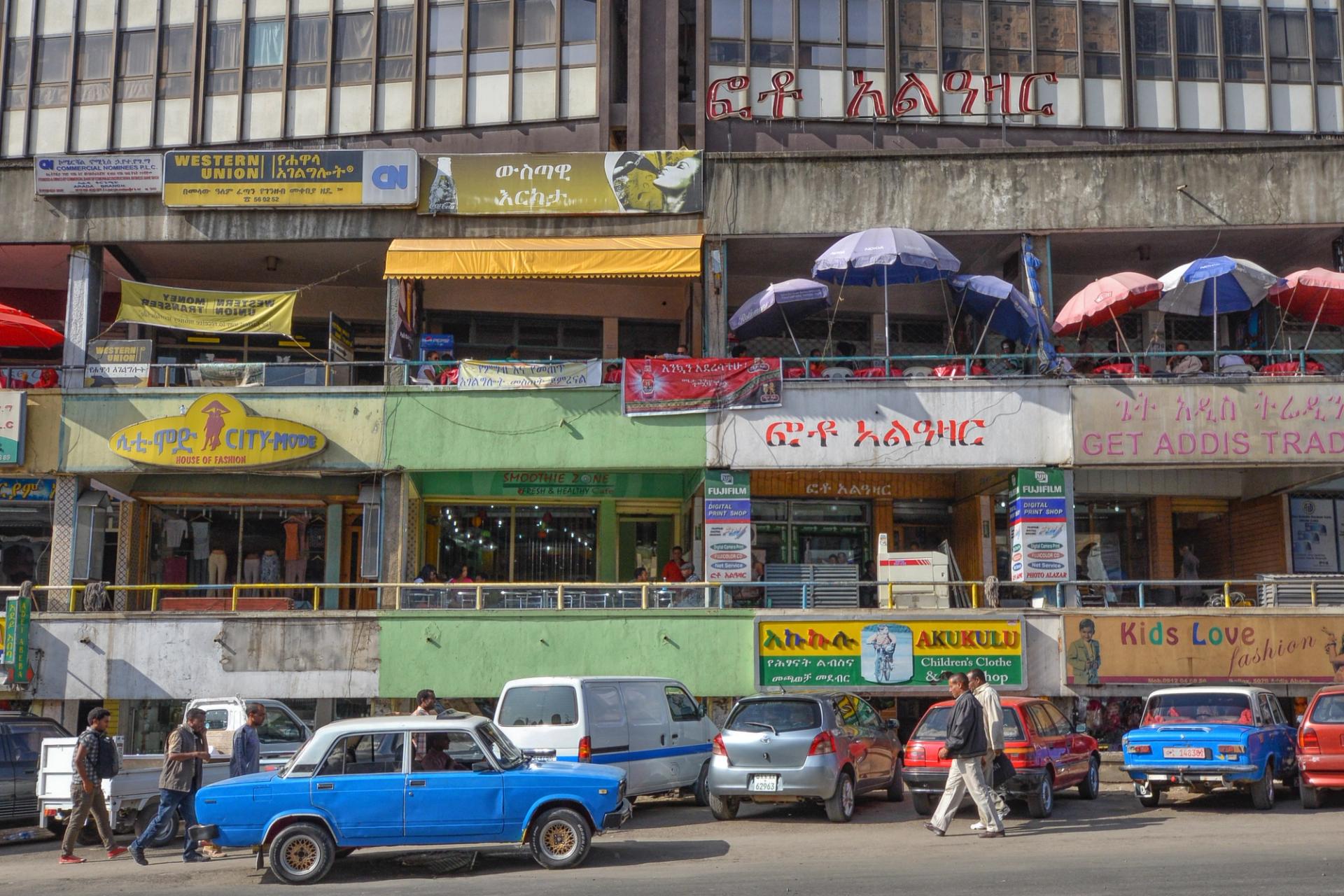The News
ADDIS ABABA — The Russian carmaker Lada has become the latest in a growing list of international automakers preparing to enter Ethiopia’s fledgling automotive market which has one of the world’s lowest car ownership rates.
Under a partnership with local partner Bazra Motors, the new plant is projected to produce 5,000 vehicles annually from an assembly plant to be established in the town of Kombolcha, located in the country’s conflict-torn northern Amhara region, according to the Ethiopian ambassador to Russia Cham Ugala Uriat. He said the new Lada plant will export to neighboring countries including Kenya, Somalia, Sudan and South Sudan.
Over the last few years Ethiopia’s government has introduced a range of tax-friendly incentives to encourage car makers to open local operations. Companies including KIA, Lifan and Chery are already making cars. In May, local partners of Japanese automaker Nissan announced it was looking to set up an assembly plant in the country.
Know More
Ethiopia — Africa’s second most populous nation with some 120 million inhabitants — had around 1.3 million cars on the road in 2022 according to its transport ministry. That translates to one of the lowest car ownership rates in the world at about 2 cars to 1,000 people. Its auto market is dominated by secondhand cars, many of which are Japanese brands like Toyota. Locals complain that the government’s high import tariffs, totalling over 200%, keep the price of used cars very high and out of reach for most ordinary Ethiopians.
Samuel’s view
Ladas have a long history on Ethiopian roads, dating back to the 1970s socialist era of Ethiopian President Mengistu Hailemariam. The brand earned a reputation for durability and affordability, making it a preferred choice for many drivers. The 1970s model Ladas still dot the streets of Addis Ababa used as taxis in a familiar blue-and-white livery. Under the deal, the new Ethiopian-made Ladas will include sedan and SUV models such as Grana, Xray, Vesta, and Niva.
The relationship between Russia and Ethiopia has been rekindled in recent years, most notably since the two-year Tigray conflict in Ethiopia’s north. It has defended Ethiopia against calls for sanctions by the United Nations Security Council by exercising its veto power.
Ethiopia has also been an important ally for Russia as it tries to build relationships across Africa for geopolitical and economic reasons. The Horn of Africa nation has been a key participant in the Russia-Africa summits held this year and in 2022, and officials have even raised the possibility of hosting it in Ethiopia. It’s understandable that the Ethiopian government would be keen to take part. At the first summit in 2022, Ethiopia secured a $162 million cancellation of debt owed to Russia.
Opening in new growth markets will be helpful for Lada, whose home car market in Russia plunged some 60% in 2022 after foreign carmakers pulled out once international sanctions were imposed following Russia’s invasion of Ukraine. Although car sales in Russia have recovered strongly in 2023 it was mostly due to the entry of Chinese brands rather than usual market leader Lada.
With Ethiopia’s recent entry to the BRICS emerging economies bloc last month, investments from Russia are expected to grow.
Zemedeneh Negatu, an investment consultant based in Addis Ababa, believes the announcement by the Russian automaker is part of Ethiopia’s strategy to manufacture cars locally instead of importing from abroad as the nation is in the midst of a chronic shortage of foreign currency. “There’s big demand for affordable, locally produced vehicles in Ethiopia and the neighboring eastern Africa region where virtually all vehicles in Ethiopia and in many countries in the region are imported from abroad requiring hard currency,” Negatu told Semafor Africa.
Room for Disagreement
“There is a significant risk that Russia cannot pull this off because of sanctions, which create problems related to capital and the supply of parts,” said Michael Shurkin, director at 14 North Strategies. Shurkin said he is doubtful about the long-term investment of Russia in Ethiopia. “Russia clearly is eager to use Africa as a way to subvert sanctions and generate cash, which it needs as a short term win rather than a long-term investment, unlike that of China that is very patient.”
The View From Kenya
Earlier this year, President William Ruto announced the signing of a trade agreement between Russia and Kenya that is expected to grow from its current value of just above $200 million. In 2019, then President Uhuru Kenyatta established a business council to oversee the growth of bilateral trade between the two nations. The new assembly line is also to export the low-cost Lada brand to Kenya. Currently, Kenya imports mostly grain and fertilizers from Russia.
Notable
- Bazra Motors has reached an agreement with another Russian player, Ulyanovsk Automotive plant UAZ, to set up a UAZ car assembly plant in Ethiopia. Bazra Motors is also working on agreements to assemble GAZ minibuses and Kamaz buses and trucks in the near future.

